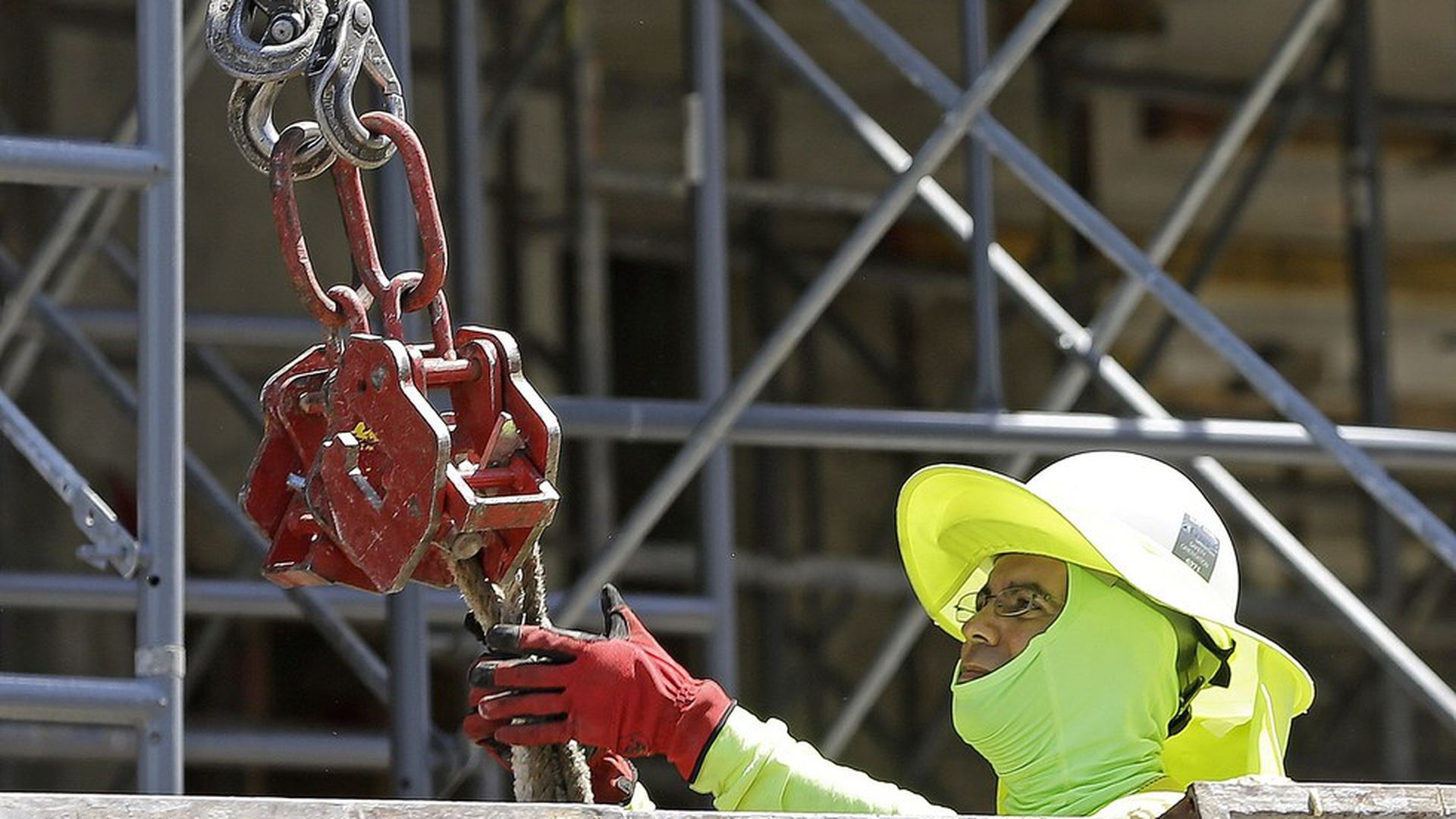Jul 7, 2017 - Economy
Job growth soars in June, but wage growth still disappoints
Add Axios as your preferred source to
see more of our stories on Google.

Alan Diaz/AP
Add Axios as your preferred source to
see more of our stories on Google.

Alan Diaz/AP